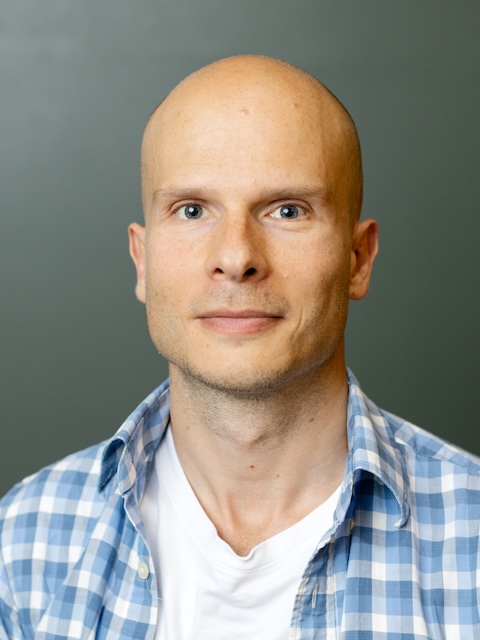| Valerii Latyshev |

|
About me
I am a philosopher who works at the intersection of ethics, metaphysics, and cognitive science.
Presently, I am pursuing my Ph.D. at Indiana University, Bloomington. Prior to this, I earned my M.A. in philosophy at San Francisco State University, and and some years before that, I earned my B.A. in mathematics at Oxford University.
You can find my CV here [pdf]
Current projects
Causal and Moral Responsibility. A common view of the relationship between causal and moral responsibility holds that causal responsibility is often necessary but is not sufficient for moral responsibility. I suggest that this view results from the conflation of causal chains with causal sources, and that once this conflation is brought to mind, it becomes far less clear that causal responsibility is indeed not sufficient for moral responsibility. I examine a classic analysis of responsibility in Kurt Baier’s treatment of the My Lai massacre and argue that, on an updated understanding of causal responsibility, the same set of people become both causally and morally responsible. I also consider the Model Penal Code’s hierarchy of culpability and argue that the degrees of culpability tracks the strength of the relevant causal source. I take these two facts to be a strong indication that causal and moral responsibility are more closely intertwined than the common view supposes.
Consciousness and the Split-Brain. In her recent book Self-Consciousness and “Split” Brains, Elizabeth Schechter persuasively argues that split-brain subjects with sectioned callosal fibers have two experiential perspectives. If that is so, then there’s a puzzle: if split-brain subjects have two perspectives, why do non-split-brain subjects have only one? How can callosal fibers unify the two perspectives into one? I argue that they can’t. To do this, I invite the reader to conduct a thought experiment. Imagine reconnecting the two hemispheres back together: at what point do the two perspectives become one? There are only two possible options: either the two perspectives are unified gradually, or there is a threshold point where the unification happens abruptly. I argue that the first option is conceptually implausible: perspectives seem to be necessarily discrete. The second option, I contend, is untenable based on the experimental evidence. I conclude that if split-brain subjects have two experiential perspectives, then so do non-split-brain subjects, which is to say, subjects like you and me.
Freedom and Constraints. Freedom is usually opposed to constraints, but constraints may be viewed as enabling freedom instead: the functioning of the human brain and the human mind is enabled by the constraints that their constitutive parts are placed under. I explore the possibility that the same constraints that enable us to have the kind of freedom we do have also preclude us from having the kind of freedom we want to have. More specifically, I argue that the kind of self-authorship that many compatibilists require as the enabling feature of human freedom leads to a paradox: the same constraints that allow us to (partly) author ourselves necessitate that we cannot author ourselves to the degree that they require.